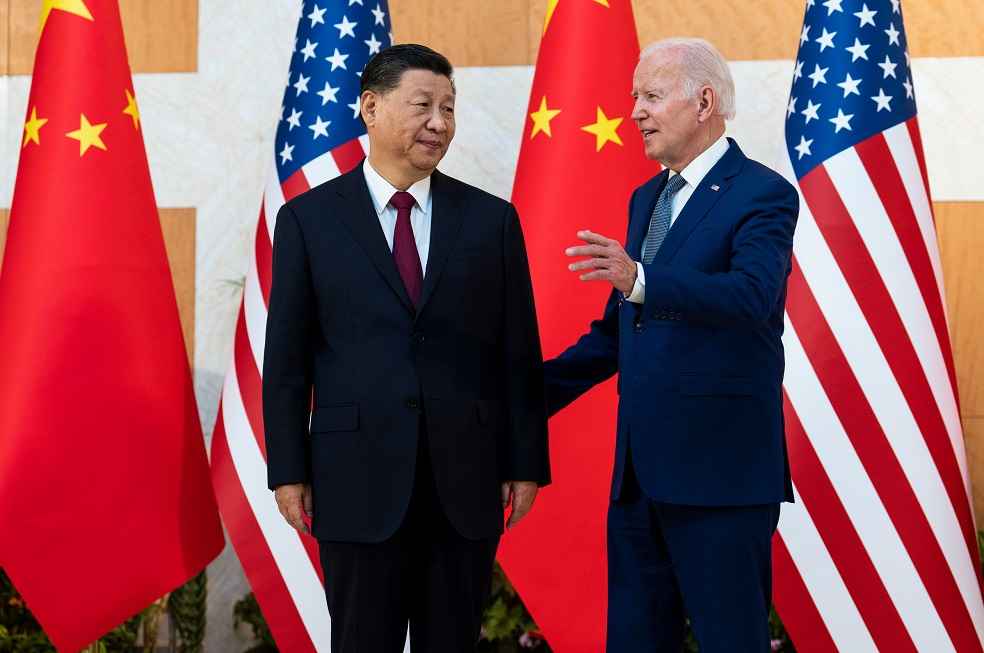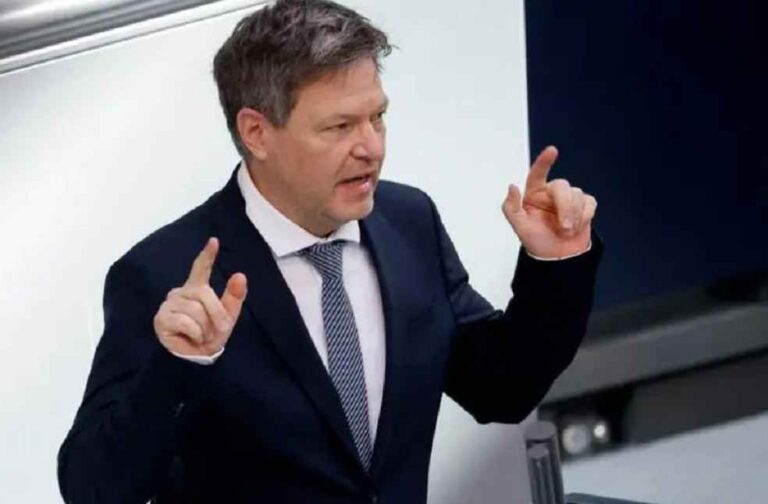In light of the rising economic tensions between the U.S. and China, German Economy Minister Robert Habeck has voiced the urgent need for Europe to set its own trade agenda. The call came during his keynote address on World Economy Day at the German Chamber of Commerce and Industry’s world conference.
Habeck stressed the potential perils Europe could face if forced to choose sides in the economic rivalry between the U.S. and China. “If we had to choose between the U.S. and China, we would have extreme problems,” he warned, highlighting the complexities and interdependencies of international trade.
To counter this possible predicament, Habeck underlined the necessity of creating a European trade agenda. “Trade agreements are a critical part of this approach,” he said. Moreover, the minister asserted the importance of ensuring the functionality of multilateral organizations and maintaining free trade, with an emphasis on bolstering international bodies like the World Trade Organization.

The impact of the U.S.-China economic conflict on global trade flows was a key point in Habeck’s speech. He pointed out that China is attempting to attract European and German investments, hoping that Europe doesn’t entirely align itself with the U.S.
Despite the European Union and the G7’s attempts to “derisk” their relationships with Beijing, German companies continue to increase investment in China. Habeck observed that concurrently, U.S. companies are striving for independence from China.
The economic relationship with China is of immense significance for the German economic ministry, Habeck said, advocating for de-risking. He was clear, however, that an economic decoupling from China wouldn’t serve European interests. “An economic decoupling from China is not in our interest,” he affirmed.
This clarion call from the German Economy Minister underscores the increasingly complex dynamics of international trade. As the U.S. and China continue to lock horns, the onus is on Europe to navigate these turbulent waters effectively, defining a trade agenda that serves its unique interests while fostering global economic stability.
GLOBAL ROUNDUP: Nearshoring Revolution: Sustainability & E-Commerce Reshape Global Trade



